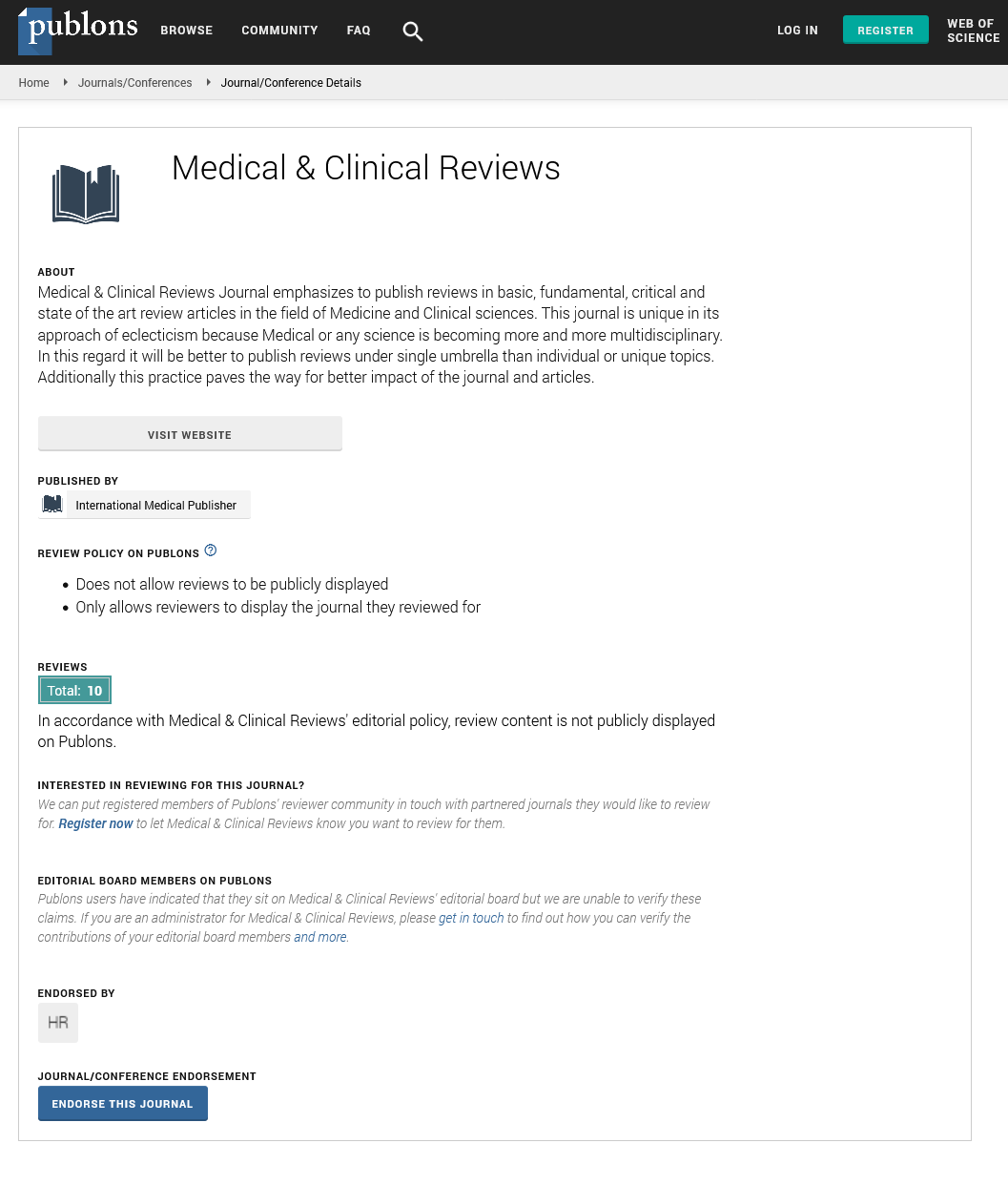Abstract
In-Hospital Mortality of Acute Coronary Syndrome in Patients over 70 Years Compared to Younger than 70
Background: Aging is an important risk factor for Cardiovascular Disease (CVD) and mortality among these patients. The scoring systems can be used to predict the risk of severity and the length of hospital stay. This stratification can, in turn, save the limited healthcare resources and improve the patient's prognosis.
Aims: To assess the outcomes in patients 70 years of age admitted to the Cardiac Intensive Care Unit (CICU) and test the predictive value of severity of illness scoring systems as a function of age.
Methods: Retrospective study that included patients who had acute coronary syndrome between 2018-2022 in a tertiary hospital in Riyadh, Saudi Arabia. Patients were divided by their age to either 70 years old or less than 70 years old. Multiple scores were used to assess the outcomes.
Results: The study’s cohort included 863 patients, 507 (58.75%) aged less than 70 years and 356 (41.25%) aged 70 years or more, with a median age of 58 for the younger and 77 for the older groups. Patient’s clinical characteristics showed 44.77% of younger age group patients presented with STMI, compared to only 21.63% of the elderly patients. In contrast to NSTEMI, NSTEMI affected 12.03% of the younger patients and 19.38% of the older ones. Hypertension, diabetes, dyslipidemia, chronic kidney disease, CVA, and cancer were all more common among elderly patients. 83.43% of older and 53.65% of younger patients had hypertension. The intervention showed that 48.13% of patients aged<70 years underwent PPCI, compared to 32.58% of the elderly ones.
Conclusion: The present study showed that patients aged>70 years have higher APACHE II scores and an increased risk of mortality as compared to patients less than 70 years of age. Age is thus an important predictor of the severity of illness, and mortality tends to vary as a function of age.
Author(s): Hind Almodaimegh, Hamad Alshammari, Sultan Alotaibi, Abdulaziz Allhybi, Faisal Abugamza and Omar Abu Oliat
Abstract | Full-Text | PDF
Share this

Google scholar citation report
Citations : 906
Medical & Clinical Reviews received 906 citations as per google scholar report
Medical & Clinical Reviews peer review process verified at publons
Abstracted/Indexed in
- Google Scholar
- China National Knowledge Infrastructure (CNKI)
- Directory of Research Journal Indexing (DRJI)
- WorldCat
- Publons
- Secret Search Engine Labs
Open Access Journals
- Aquaculture & Veterinary Science
- Chemistry & Chemical Sciences
- Clinical Sciences
- Engineering
- General Science
- Genetics & Molecular Biology
- Health Care & Nursing
- Immunology & Microbiology
- Materials Science
- Mathematics & Physics
- Medical Sciences
- Neurology & Psychiatry
- Oncology & Cancer Science
- Pharmaceutical Sciences


